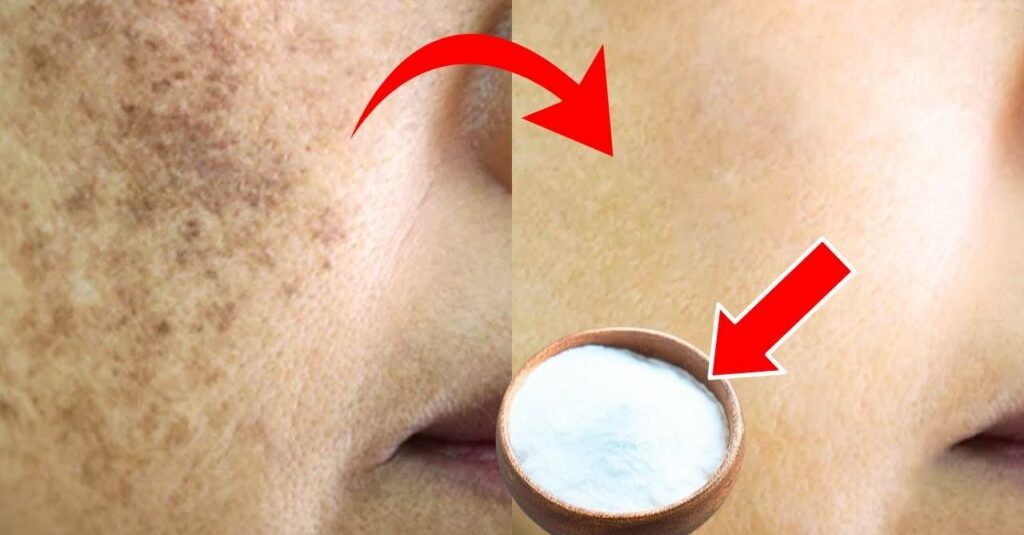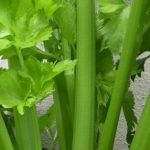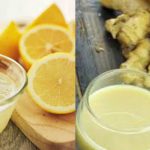
Age spots, also known as liver spots or solar lentigines, can be an unwelcome sign of aging and excessive sun exposure. While various commercial products and treatments are available to address this skin issue, a simple and economical home remedy involves using baking soda, a common kitchen ingredient. Here’s how you can use baking soda to help lighten age spots effectively and safely.
Benefits of Baking Soda for Skin
Baking soda, or sodium bicarbonate, is a mildly abrasive compound that can exfoliate the skin and help remove dead skin cells. This can contribute to a more even skin tone by gradually fading age spots. Additionally, its alkaline nature can help balance the pH of the skin, which might aid in maintaining its natural health.
How to Use Baking Soda to Lighten Age Spots
Baking Soda Paste
Ingredients:
- 2 teaspoons of baking soda
- Enough water to form a paste
Instructions:
- Make a Paste: Mix the baking soda with a small amount of water in a bowl until it forms a thick paste.
- Apply: Use your fingers to apply the paste to the age spots. Be gentle and avoid scrubbing too hard to prevent irritation.
- Leave on: Let the paste sit on the spots for about 5 minutes. For sensitive skin, start with 2-3 minutes to see how the skin reacts.
- Rinse Off: Wash the area with lukewarm water and pat dry with a soft towel.
- Moisturize: Apply a gentle moisturizer to the area to keep the skin hydrated.
- Frequency: Repeat this treatment 2-3 times a week. Monitor the skin’s response and adjust usage accordingly.
Baking Soda and Lemon Juice
Ingredients:
- 2 teaspoons of baking soda
- 1 teaspoon of fresh lemon juice
Instructions:
- Create a Mixture: In a small bowl, combine baking soda and lemon juice. It will fizz initially.
- Apply Gently: Once the fizzing subsides, apply the mixture to the age spots using a cotton swab or your fingers.
- Timing: Because lemon juice can be photosensitizing, it’s best to leave the mixture on for no longer than 5 minutes.
- Rinse and Hydrate: Rinse off thoroughly with lukewarm water and apply a moisturizer.
- Sun Protection: If using lemon juice, ensure to apply sunscreen if going outdoors, as lemon juice can make the skin more sensitive to UV rays.
- Frequency: Use this treatment once a week to assess skin tolerance and effect.
Precautions
- Patch Test: Always do a patch test on a small area of your skin before applying treatments to larger or more visible areas.
- Sun Sensitivity: Baking soda treatments can make the skin sensitive to the sun. Always wear sunscreen to protect your skin from further damage.
- Avoid Overuse: Overusing baking soda can strip the skin of essential oils, leading to dryness and irritation. Be cautious with the frequency and duration of use.
Conclusion
Using baking soda to treat age spots can be a simple and cost-effective method. However, results can vary, and it’s important to use such home remedies with care, paying attention to any skin reactions. For persistent skin issues or if you’re looking for more dramatic results, consulting a dermatologist is advisable.

